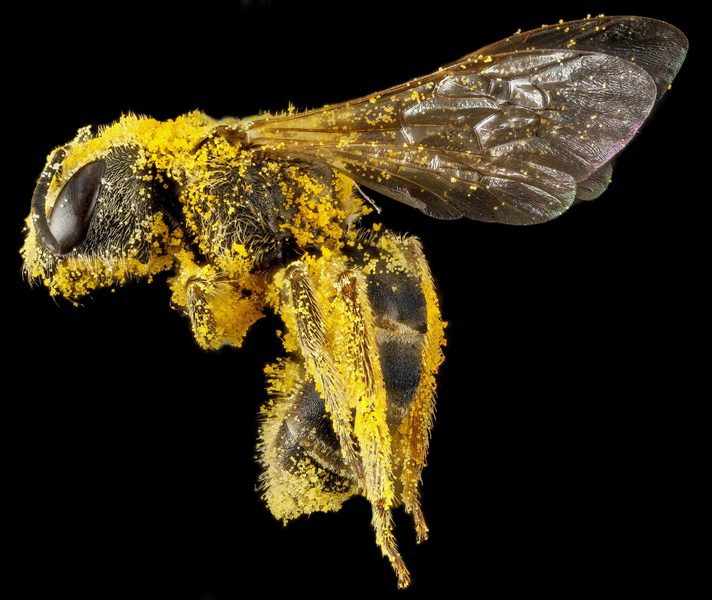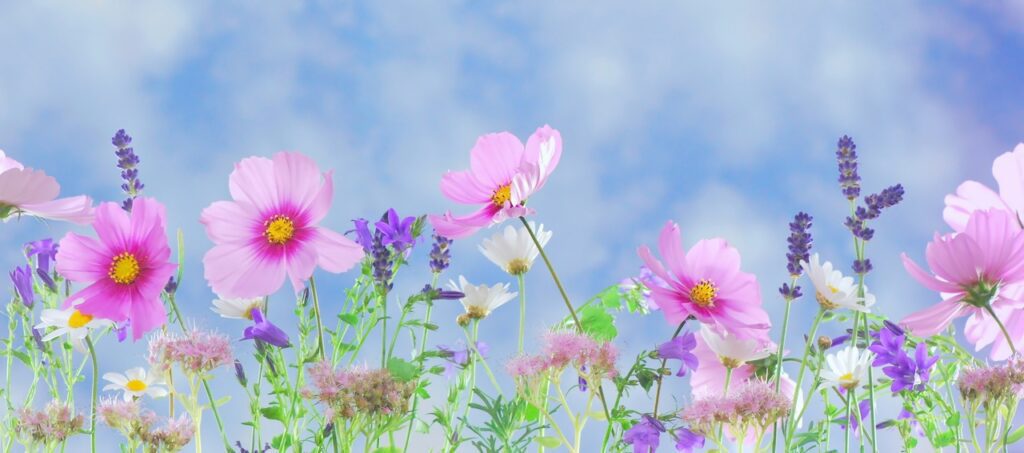
ACUPUNCTURE AND TCM IN DOWNTOWN NELSON B.C. HELPING YOU TO TAKE THE SNEEZE OUT OF SPRING.
In Traditional Chinese Medicine(TCM), we view seasonal allergies as a condition which manifests an imbalance between the body’s energy and the external environment. Basically what this means is the pollen, the external pathological influence, pressures our bodies immune response resulting in a number of symptoms which arise because of deficiency and excess states in particular organs. Typically during allergy season we see the main symptoms of sneezing, runny nose, itchy eyes, headache, fatigue and coughing. The great news is, TCM has many proven and effective ways to remedy this condition.
To address the internal imbalance, TCM practitioners often use a combination of Chinese herbal medicine and acupuncture to strengthen the 3 main organs of the lungs, spleen and kidneys and reduce 1 organ, the liver. The lungs are strengthened to boost Qi, the spleen to transform damp and phlegm and the kidneys to promote vitality. Simultaneously we reduce the liver to help attune to the seasonal influence of spring, clearing the eyes, soothing irritability, relaxing the muscle body and re-balancing the body’s Qi mechanism to alleviate symptoms.
One very effective part of the treatment method for allergies in TCM is herbal medicine. Many herbs are commonly used to reduce symptoms such as runny nose, itchy eyes, congestion, headache and low energy. Depending on your particular constitution your Dr.TCM will create a formula that works for you, this can include but is not limited to herbs such as;
- Xin Yi Hua (Magnolia Flower): This herb is well known for its ability to treat any nasal or sinus condition, with special action to clear nasal obstruction, congestion, pain or discharge. It also is indicated to help with a lack of sense of smell or headache related to external wind invasion.
- Bai Zhi (Angelica Root): This herb is commonly used to treat allergic rhinitis, sinusitis, and headaches. It has special function to treat pain in the forehead and eyebrow area, it reduces swelling and has been found to have anti-bacterial and anti-fungal properties.
- Ju Hua (Chrysanthemum flower) – This herb is used to calm the liver and clear the eyes, treating eye redness and swelling or dry and painful eyes. It also has action to treat dizziness or headache, and is a sagely herb for treating hypertension and coronary artery disease.
Acupuncture is also a very effective treatment method used to treat seasonal allergies. By selecting acupoints that support your particular constitutional pattern your Dr.TCM can alleviate acute symptoms like itchy eyes, runny nose, cough, headache and low energy while addressing the chronic underlying pattern (which is particular to each individual) by choosing acupoints such as:
- LU7 (Lieque): This point is located on the wrist and is used to treat the Lungs and the Wei Level our most exterior layer of defense. It is used to treat allergy symptoms such as; cough, cough with phlegm, wheezing, nasal congestion and discharge, headache, difficulty breathing, shortness of breath and stiffness of the neck and nape.
- GB20 (Fengchi): This point is located at the base of the skull and is used to relieve headaches, sinus pressure, nasal congestion, redness and pain of the eyes. Its aim is to clear both internal and external wind and is a pre-eminent point used to treat all diseases of the head. As such, it is widely used to treat allergy symptoms by clearing and soothing the wood element that gets quite literally bent out of shape as Spring starts to influence the earth.
- LI4 (Hegu): This is a famous acupoint and is located on the back of the hand, between the thumb and index finger, and is used to treat a variety of allergy symptoms, including headaches, sinus congestion and redness, pain and swelling of the eyes. In TCM we understand it to have special function as command point of the face and mouth therefore giving it special affinity and strength to relieve many allergy symptoms located in the head.

In addition to herbal medicine and acupuncture, your Dr. TCM may also recommend Yang Sheng Fa practices which are dietary and lifestyle changes to support the body’s healing process ie; you may want to try some Qi Qong exercises to support spleen, lung and kidney health or, start moderating your diet by decreasing the intake of raw, cold and damp foods which create dampness and phlegm in the body.
Overall, TCM offers a comprehensive and personalized approach to treating seasonal allergies by addressing the underlying imbalances in the body and promoting overall health and wellness, the effects of which are very effective and long lasting. If you suffer from seasonal allergies, I encourage you to consider TCM as a safe and effective treatment option. Please feel free to contact Dr.Pileski to see how TCM can best support you to take the sneeze out of spring.
DR. JULIA PILESKI + chat GPT
BLUE HERON TRADITIONAL CHINESE MEDICINE




